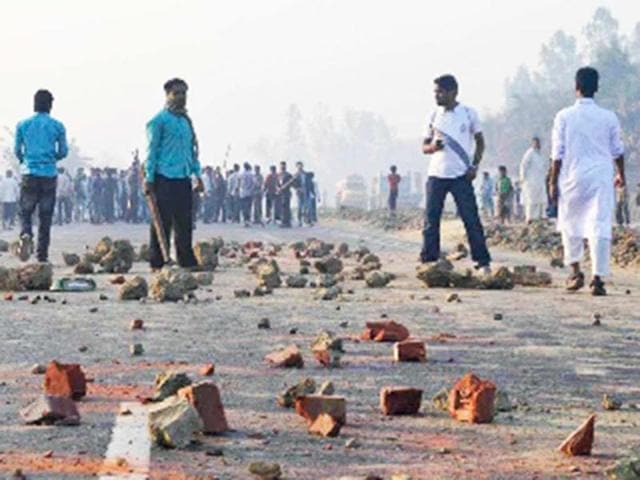1971 wounds: Bangladesh needs a healing touch
Last February, thousands of young people flocked to Dhaka’s Shahbag Square, demanding capital punishment for those convicted of the 1971 war crimes.
Last February, thousands of young people flocked to Dhaka’s Shahbag Square, demanding capital punishment for those convicted of the 1971 war crimes. Most of the protesters were born decades after 1971 and yet the massacres and rapes seemed fresh on their minds. The Bangladesh government is beginning a process to identify the survivors of the 1971 rape victims. Though justice will remain elusive, it will at least be an acknowledgment of those crimes.

I was in Dhaka during those protests and I met 70-year-old Maleka Khan. She started a vocational organisation in the 1970s to offer emotional therapy to traumatised women. In 1971, Khan was a secret volunteer at the camps run for rape survivors and tortured women by the Kendriya Mahila Punarbashan Shanshta, which was headed by poetess Sufiya Kamal. Khan’s memories of those painful days have not faded. “Young girls pregnant with unwanted foetuses ….Those who could were aborted with due permission. Others suffered their pregnancies in silence,” she recounted. Sheikh Mujibur Rahman, Bangladesh’s founding father, let down the rape victims, proclaiming that “we do not want Pakistani blood”. Now Bangladesh is adopting Khan’s attitude.
The ministry of liberation war affairs is collecting data on the victims. So far, 20,000 women have come forward with details.
Liberation minister Mozammel Haque says Bangladesh wants “to recognise the contribution of the rape survivors, uphold them as national heroes, and award them some sort of a housing facility or financial support to their families”.
Bangladesh has long maintained over 200,000 women were raped by Pakistani troops during the 1971 war — a number Pakistan contests. Independent experts feel the estimate is too low. Geoffrey Davis, a doctor from Sydney who performed late-term abortions during the war, thinks the official figure is “pretty conservative”.
The forces arrayed against women who want to tell the truth are powerful. Ferdousi Priyabhashini, who was 23 and a single mother of three during the war, went public with her story. But she was ridiculed and harassed by her community. An old friend, Ahsanullah, who accepted and married her after some years, was shunned by his family.
Maleka Begum, a student leader and an activist, says she was aghast to watch a 40-plus old man break down on a TV show because he was the child of a woman raped during the war and people still taunt him as ‘the Punjabi’s son’.
Freedom fighter and artist Sultana Kamal regrets that this healing process did not happen immediately after the war because the society was orthodox and women were scared to come out. “Many victims don’t want to create a storm in their present life with such disclosures. But others will come out,” she added.
The truth will hurt — but it is necessary to begin the healing that Bangladesh so badly needs.
Smita Sharma is a journalist
The views expressed by the author are personal



